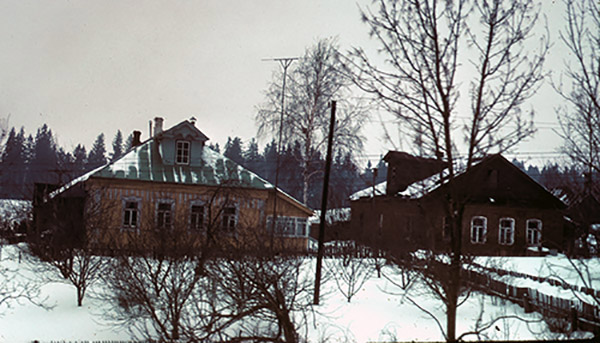![]()
Short introduction
The blog was one of the first digital tools/apps that appeared on the web and an early form of social media. Historians have made use of the blog in different ways, and you'll be able to look at several examples. In this unit you'll create your own blog which you will then use off and on throughout the remainder of the course. This is also your first encounter with the importance of web design, because a bad-looking blog will not be as effective at reaching a desired audience as a good-looking blog.
What you must do in this unit
- Read this unit's note on the Multi-Talented Blog. I also have some older notes on the Social Media Revolution.
- Watch the video on the Multi-Talented Blog.
- Look at these examples of the blog being used as a "blog," i.e., as social media. I'm sure that you could find many more, and please send me any suggestions to add to the list. Some are better than others.
- Current students (I will list you here when you set up your blog.)
- Professor Evans (I am no longer current with my blog postings).
- Digital Experiments in Teaching History
- Russian History Blog
- Boundary Stones: WETA's Washington DC History Blog
- World War I Veterans (Do you see the problems with this blog?)
- Molovinsky on Allentown
- The History Blog
- Women of History
- British Library, Digital Scholarship Blog
- Current students (I will list you here when you set up your blog.)
- Look at these examples of the blog being used as a website.
- Look at these examples of a blog being used as a website or a blog, or both, or a little of both.
- Facebook has become increasingly important as a social media tool
- Northern Virginia History is a public group, as is World War I (Some groups on Facebook are public, and others require that you join to see content.)
- Many local organizations maintain a page on Facebook
- Twitter is a popular social media tool, and many local history organizations have a Twitter account to send out information.
- Morven park @morvenpark
- Oatlands @oatlandsva
- the city of Alexandria @AlexandriaVAGov
Submit
- Post on your blog (5 points) some examples of blogs that are used in different ways for the study of history. Also, (b) follow two different historians or historical organizations/associations/entities using Facebook or Twitter (or an alternative social media) and describe on your blog. Please let me know in Canvas when you have posted so that I can grade.
Extra credit options
- Please suggest a website, blog, Facebook page or Twitter account relevant to this unit of the course. As you review these specific blogs, please note what stands out most to you.
Unit learning objectives
- Upon successful completion of this unit, you will be able to create and begin to use a digital tool for historical study
